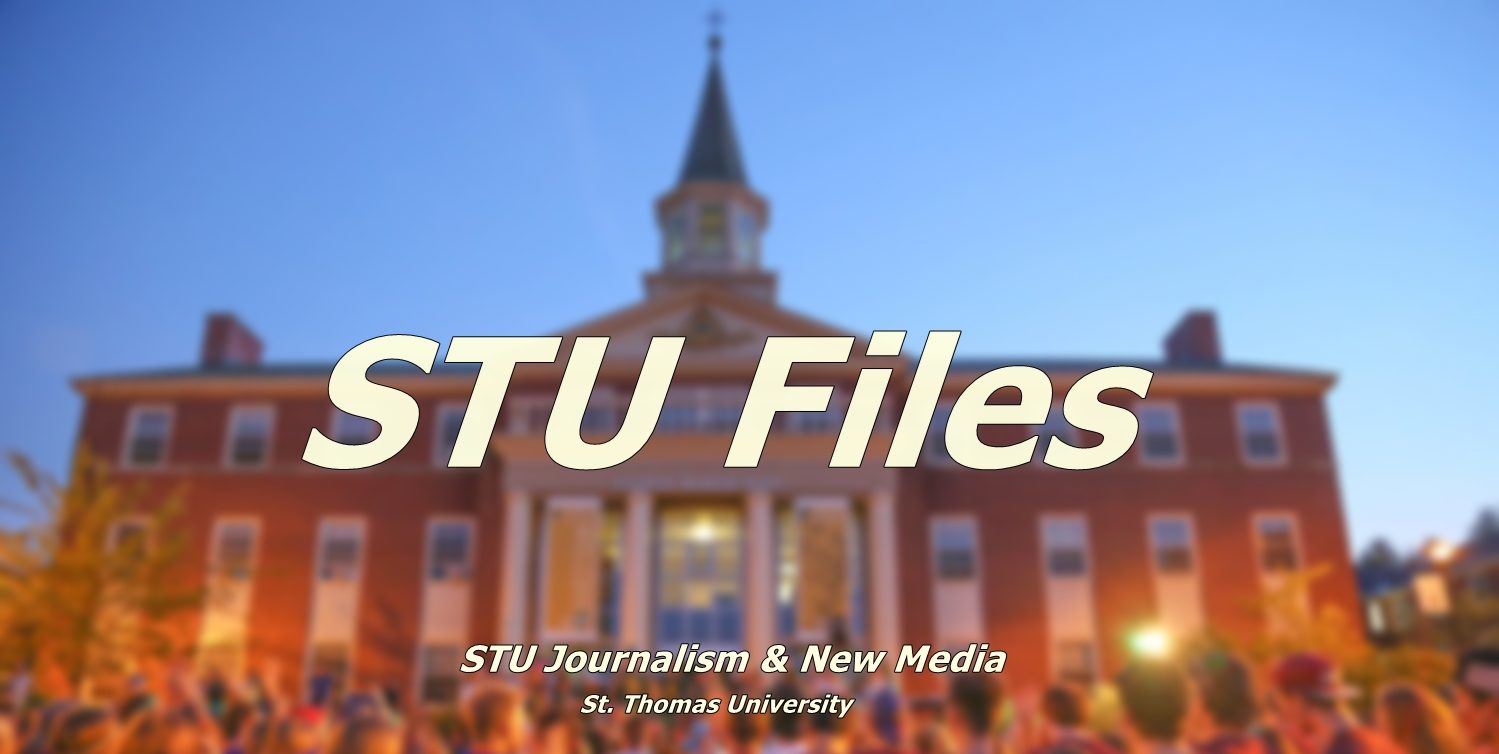‘We are being colonized now’: UNB student responsible for racist posters claims she’s not a white supremacist

UNB Fredericton was shocked to find posters with undertones of white nationalism on its campus last October around the time a conference for the Truth and Reconciliation Commission was held at St. Thomas University. Some of the posters were placed on a sign that reads “KULASIHKULPON,” which translates to “welcome” in Maliseet. Another wave of posters appear in January, this time sporting the insignia of the NSCLRP (National Socialist Canadian Revival Party).
Despite the timing and location of the first set of posters, the NSCLRP apparently wasn’t trying to send a message to indigenous people. When asked whether or not the timing was intentional, Sarah Villeneuve, who claims responsibility for disseminating the posters said, “Yes it was—well actually, no it was not—didn’t have anything in particular to do with reconciliation week.”
In January, the Brunswickan published an article explaining that an editorial sent by Villeneuve was rejected due to an editorial policy that states the Brunswickan “may refuse any submission considered by the Editorial Board to be racist, sexist, libellous [sic] or in any way discriminatory.” In the article, Emma McPhee refers to the posters and NSCLRP as “white-supremacist,” an accusation that wasn’t well received by Villeneuve.
“She’s referred to me as a white-supremacist, which is not a term I would use to describe myself,” she said, “I think it’s just outlandish and outrageous. Her coverage of me, I feel, was very unfair.”
The NSCLRP has been referred to as neo-Nazis and white-supremacists, a claim that Villeneuve refutes.
“Germany, as it stands, with the failure of the National Socialist Party in the 40s. Unfortunately since that event Germany has been completely ‘genocided’,” she said, “I mean, their demographics have shifted so dramatically that there’s no way that the once glorious nation of Germany and its Aryan race will be able to continue, and we want to prevent that from happening in Canada.”
There are three things to take away from that statement.
One, Villenueve blames ethnic diversity for the “genocide” of Nazi Germany, an ironic choice of words for a country that is responsible for the mass murder of millions of Jews. Second, she feels empathy for one of history’s most tyrannical regimes while simultaneously arguing that she doesn’t subscribe to the very ideals that motivated said regime. Third, she uses the failure of establishing an Aryan Germany as an argument to support her group’s agenda.

The NSCLRP has presented an ideology that paints whites as victims, a common tactic among contemporary right-wing extremists. UNB Professor David Hofmann, an expert on far-right hate groups says, “In the past 2-3 years we’re seeing tectonic shifts in the way these groups are talking about themselves, the way they’re recruiting, the way they’re approaching or presenting themselves. We’ve seen the narrative switch from aggressive, you know ‘lets go hunt these people down,’ to ‘these people are out to get us.’ It’s all about defense now.”
The shift toward rhetoric that paints white people as victims is consistent with many of Villeneuve’s arguments. “I find it very hypocritical that people that supposedly oppose colonialism are perfectly okay with colonialism in its modern form,” she said. “We are being colonized now.”
“The posters that were posted on UNB’s campus, perfect example,” Hoffman said. “It’s a narrative—white culture is under attack, there’s a white genocide going on right now. What it means to be a white Christian is in jeopardy now if we let these immigrants come in,” he said, “so there’s this kind of shift in the rhetoric, trying to appeal to young angry white people who feel discriminated against, and it’s working to a certain degree.
Interview with Sarah Villeneuve


